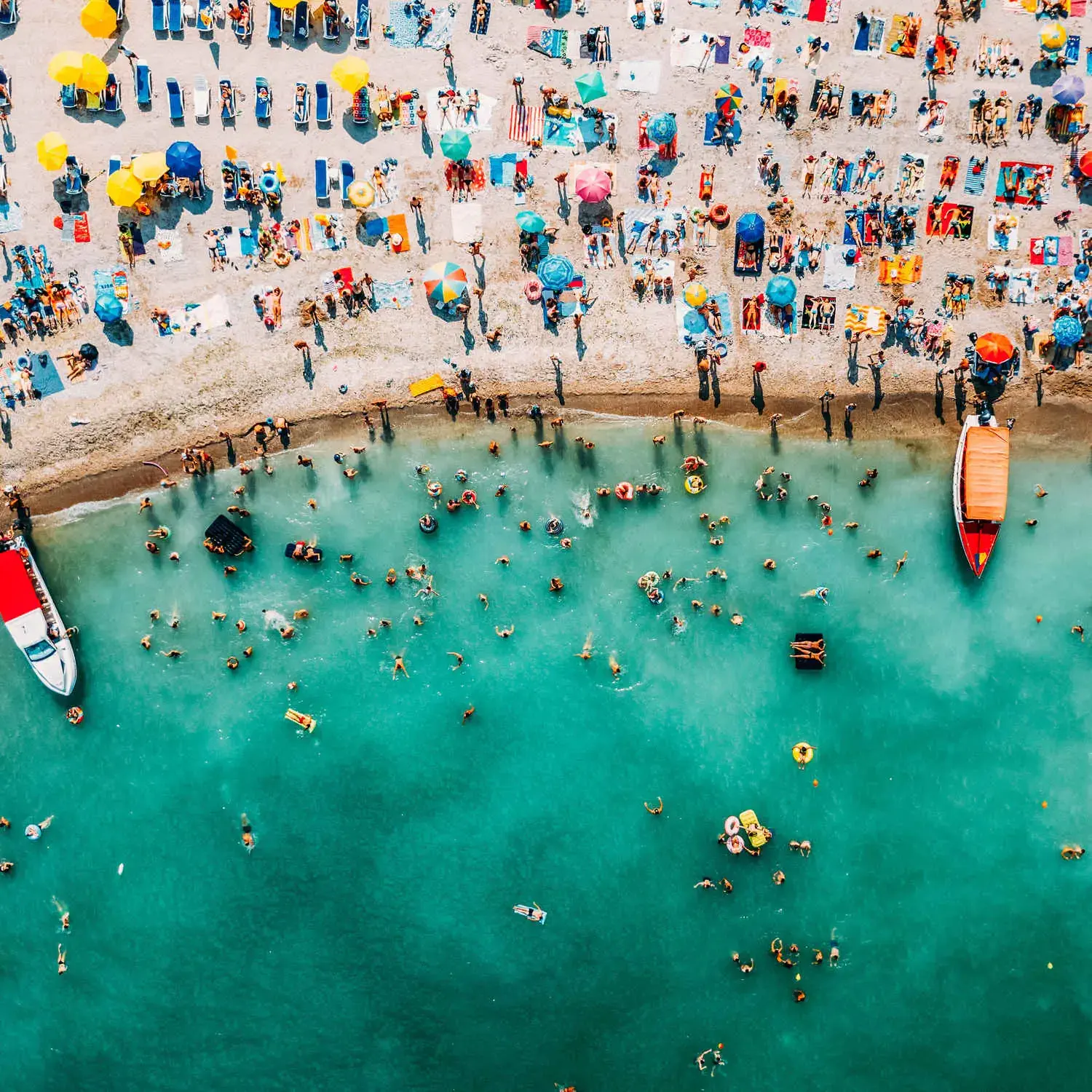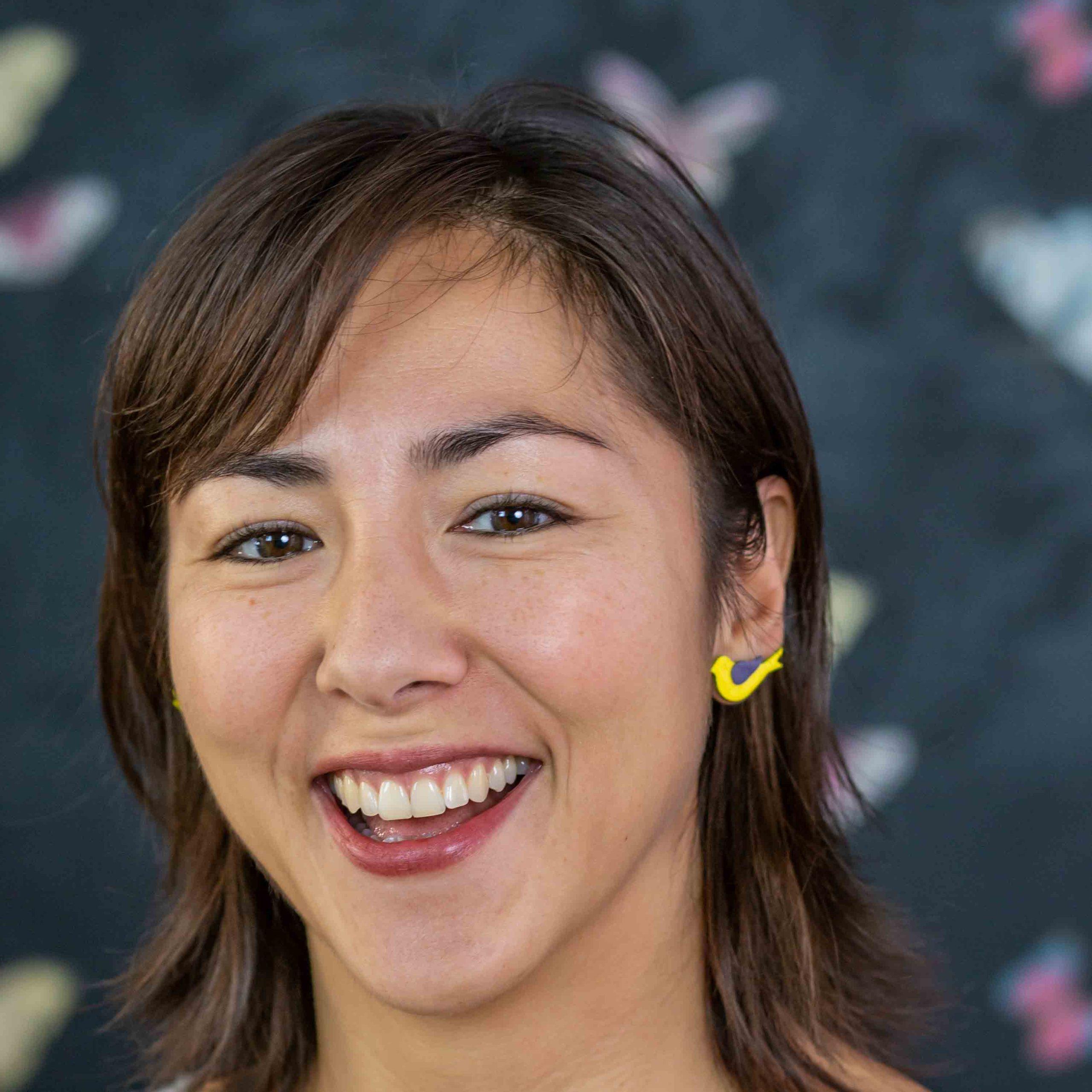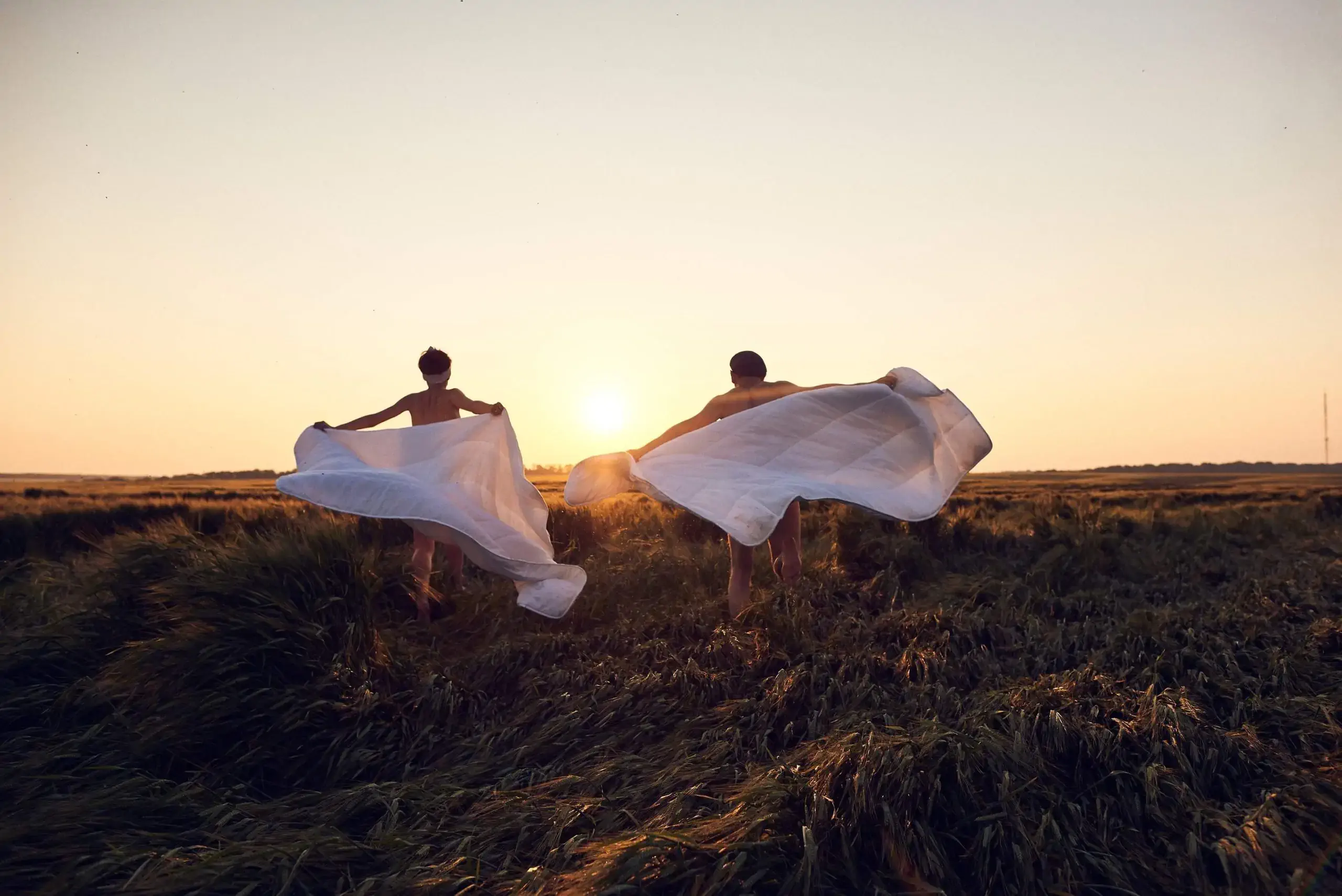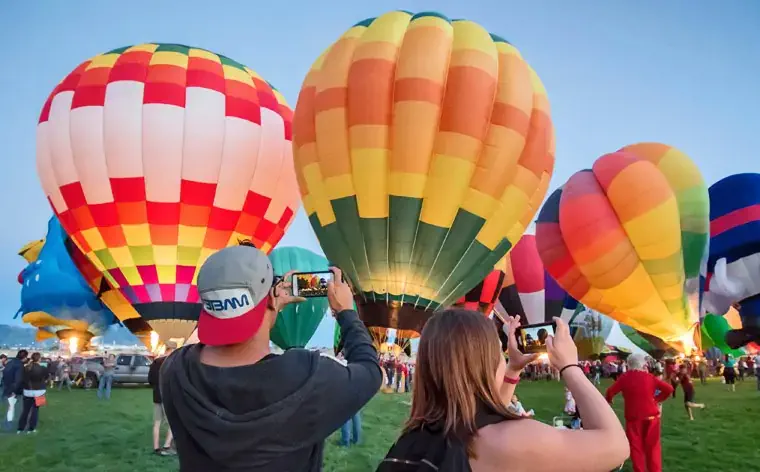Twenty years ago, no one asked about the impact of tourism. Today, powered by technology, the internet, a bigger middle class and more planes going more places, tourism has created an economic boom and is responsible for one in 10 jobs globally.
But it’s also responsible for 8% of the planet’s greenhouse gases, locals moving out of their own cities and natural habitats being overrun by plastic and trash. Is it possible to grow tourism in a healthy and sustainable way? And is there anything that we as travelers can do to make a difference in the places we visit?
We sat down with Elizabeth Becker, New York Times correspondent and author of Overbooked: The Exploding Business of Travel and Tourism to find out.
The word “overtourism” is used everywhere these days. What’s your definition of overtourism?

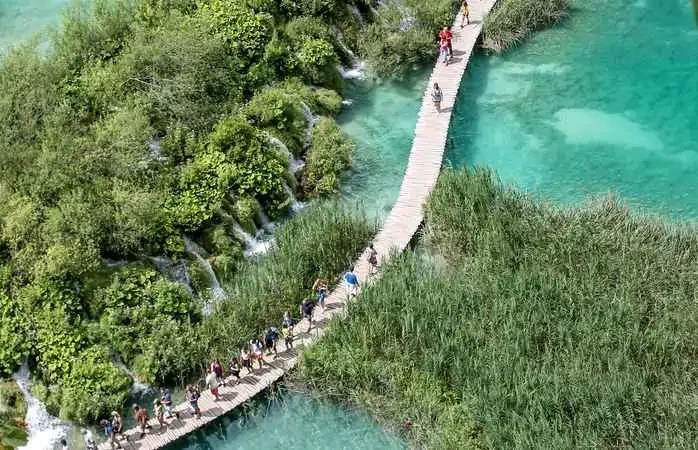
Beautiful, yes. But probably even more so without the lines
How has the way that people travel changed in the last few years?
“When my book came out, all people cared about was the tourist experience. Now the destination is No. 1. And that’s the way it should be. [The locals] are the ones who welcome people, take care of them, clean up when they leave. They have to worry about permanent damage.”
What countries have figured out how to keep tourism from getting out of control?
Bhutan
“They’re a developing country — not a lot of money. Gorgeous culture, lovely people. And they said ‘This is an industry, and we’re going to set the rules. A limited number of visas and you have to pay up front, 250 dollars a day (that goes directly to accommodation and such). And we’re going to make sure the industry is developed by our people — our guides, our hotels.’ Literacy was less than 10%, now it’s up to 60%. But it’s still Bhutan.”
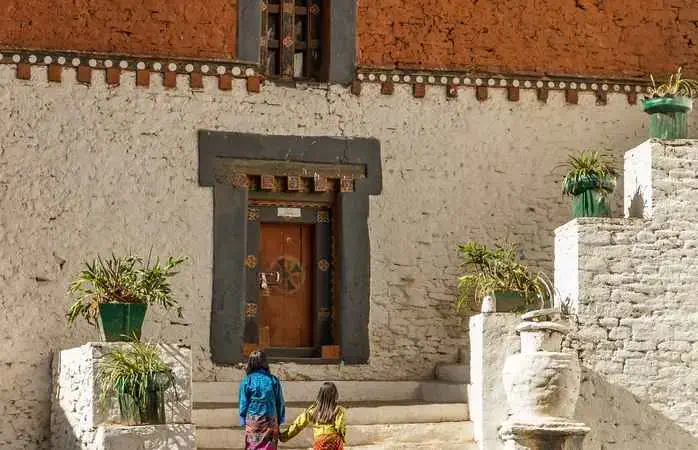
Bhutan only allows a certain number of visitors annually
Costa Rica
“They decided to keep their wilderness and support it with tourism. This was imaginative beyond belief in those days. And it’s a biological superpower. One quarter of the country is protected wilderness with limited lodging.”
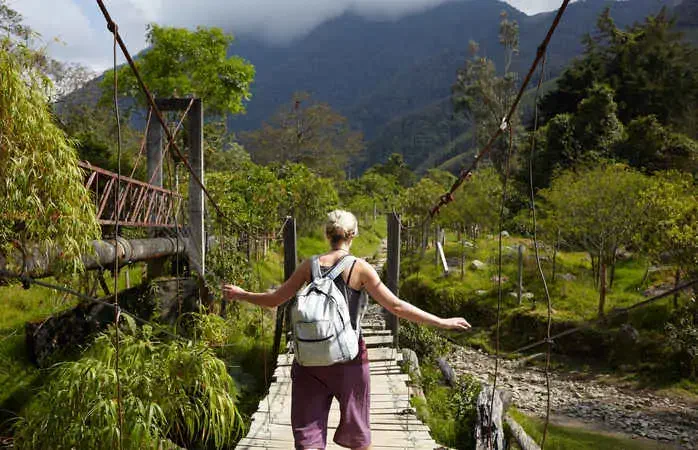
Costa Rica abolished its military and now leads in balancing nature and tourism
France
“They’re the country that understood tourism in the 30s when no one else did. It’s the first country to guarantee vacations, have a tourism department and a ministry of culture. So they, early on, said tourism is going to be important for our economy. But we have to make sure that it nurtures France and doesn’t change France, and that it’s all over the country.
Bordeaux reinvented itself to embody the essence of France, to make it so French that the tourists visiting fell in love with it and supported that Frenchness instead of asking for touristy things that were foreign to the area.
The key to good tourism is to make it support who you are, not change it for the tourists.”
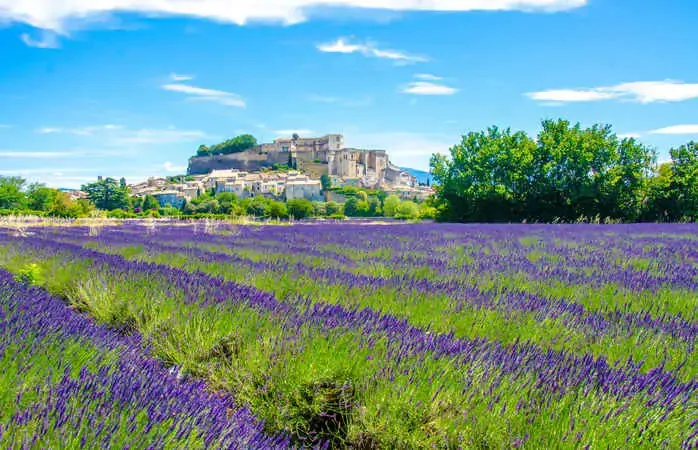
France created the concept of vacations and tourism
How does a destination that has more tourists than locals affect that place?
“It moves locals out. They are pushed out of their own city (just look at Venice and Barcelona). So what does that mean? That it becomes a hotel, it’s not a city anymore. And without locals living there full time you lose the green grocer, the clinics, the schools. They become facades, like a movie set.”
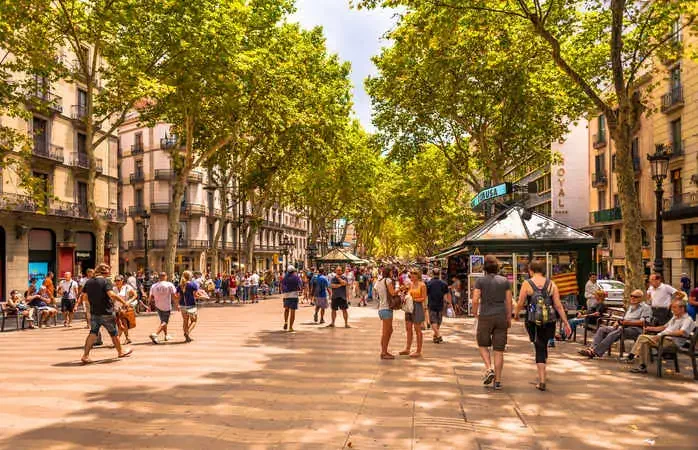
With so many tourists, you lose the local flavor in Barcelona
Travelers can do their part to reduce the negative effects of tourism
Though many significant changes come from national, regional and local governments, there are also decisions that we as travelers can make to not only reduce the tide of overtourism, but also make the travel experience that much more enjoyable for ourselves.
Here are some of Elizabeth’s recommendations.
Stay longer
Stay for a couple of weeks instead of 3-4 days so you have time to really see, taste, feel and learn what it’s like to live where you are.
“If you do that, you’re not going to be part of the crowds. Crowds ruin your experience and people get in the way. And it all becomes a much better experience.”
Do your research
If you do stay a few weeks, you’re going to be doing a lot more research than the person who zips around from place to place. Which is great, because that will help you have a smoother, more fun trip with fewer unpleasant surprises.
Start by choosing a less-popular destination; this is probably the most impactful thing you can do to reduce overtourism. Then find and book centrally-located accommodations so you can walk or bike as much as possible instead of renting a car.
If you’re renting a place, make sure everything is legit. Incredibly high numbers of vacation rentals in popular cities are actually being rented out illegally and the money often leaves the city — leaving the residents high and dry.
Lastly, book any organized tours with locally-owned and operated companies that keep group sizes small.
Do your homework beforehand and it will be much more natural to follow the next point…
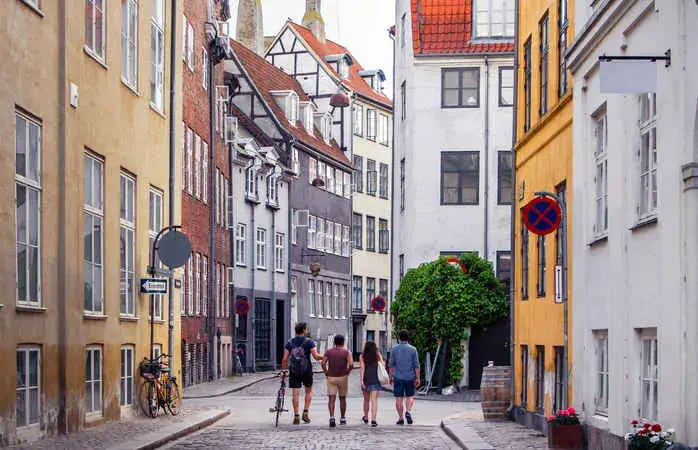
Research your way to a less touristy destination — you’ll get more out of it
Respect where you’re going
“It’s all about respecting the local cultures… if you do that kind of research and you really read up, you’re going to respect. And that’s going to affect your behavior. Because locals can’t manage something they don’t have the authority to control. They need help, they need allies. In that sense, tourists can see themselves as allies.”
Think about it this way: would you want to be walking down your own street and see tourists behaving inappropriately, disrespectfully or dangerously? Treat your destination like your own neighborhood and everyone – including you – will be glad you did.
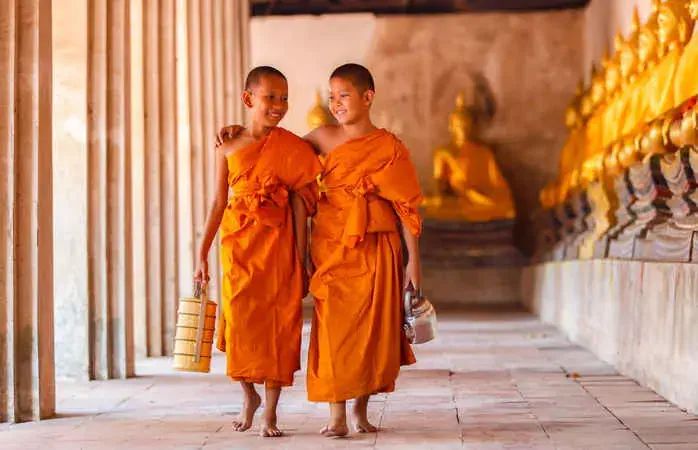
Consider yourself a travel ally and treat your destination as your own
Travel “off”
Meaning if you’re still planning a trip to a more popular destination, choose to travel in the off-season and visit attractions in off-hours during the week, not the weekend. Or skip the popular attractions altogether and visit lesser-known but equally impressive sights.
Read one history book and one novel before you go
“Every country has great writers. Every country has a fascinating history. The more you know, the less likely you are to be a jerk. If you’re traveling to Germany, read those WWII books. Africa, read the book ‘Out of Africa’ by Karen Blixen.”
Learn some phrases in the local language
By taking the time to learn the basics – hello, good-bye, how are you and most importantly, thank you – you’re showing the people who live there that you’ve invested in their language and want to immerse yourself in their culture and way of life.
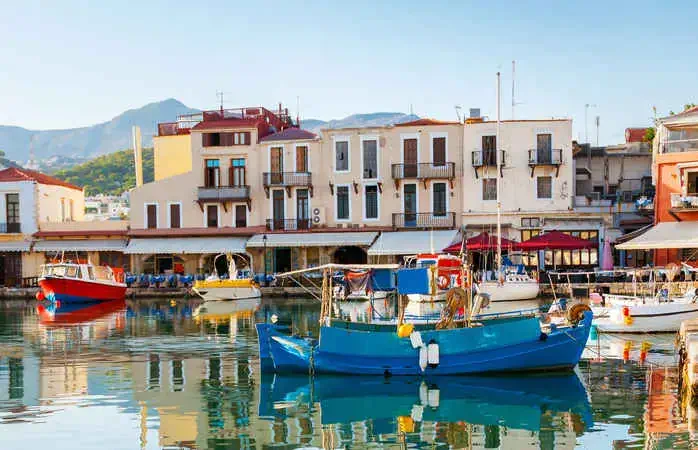
Learn a few phrases and you’ll go far. Efharisto!
Visit your own museums first
“Say you’re going to Madrid and it’s your first real trip to a European capital. I would say check out all your museums first, and acquaint yourself with that experience. Study their art, so that when you get there, you’ll have a deeper appreciation and you’ll see what’s Spanish about it, because you’ve taken advantage of your own city. It’s like breaking in your walking shoes. Be a ‘practice’ visitor.
Get your toe wet in your own city and it will have the surprising byproduct that you’ll probably like your own city better too. ”
Don’t just “do it for the ‘Gram”
“The role of social media has exploded. That has an amazing effect — it makes travel crazy. I was in Norway… and one of the beaches was named the most romantic in the world in 2005 by National Geographic. And this village of 13 saw first tens of thousands and then hundreds of thousands of visitors. And people will come just for that one photograph.”
Remember to read the signs, respect the rules for tourists, and above all — no naked selfies.
Treat travel as the privilege that it is
The takeaway that most stood out in our talk with Elizabeth was that travel is a privilege, not a right. It’s our duty as travelers to treat the places we visit with respect — to recognize that these places and people we’re visiting have a valuable history and culture that deserve attention. Not only to benefit them, but also to enrich our own lives.
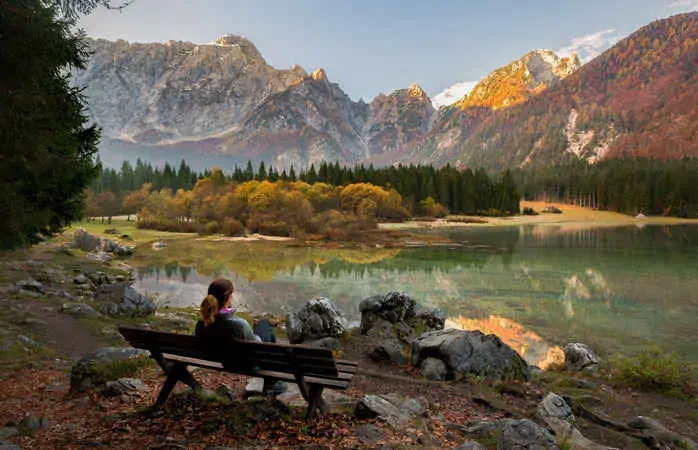
We’re all just visitors on this planet
Sources:

